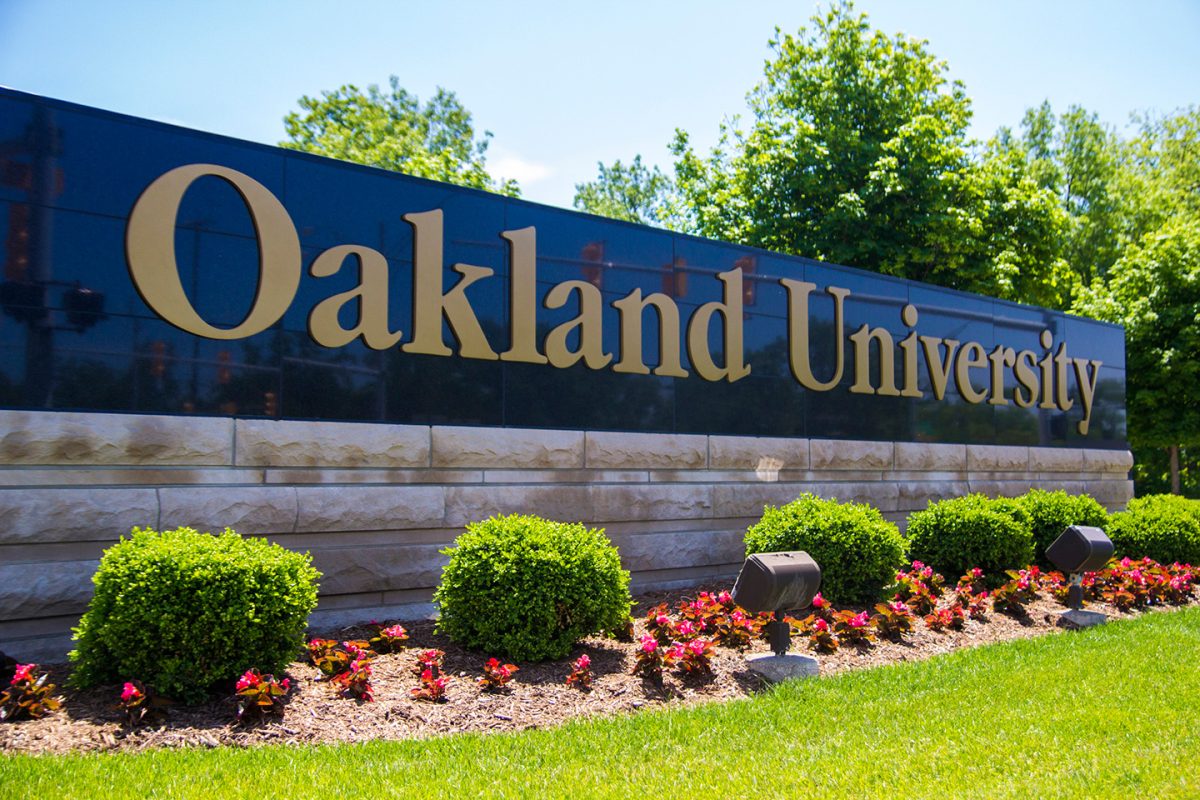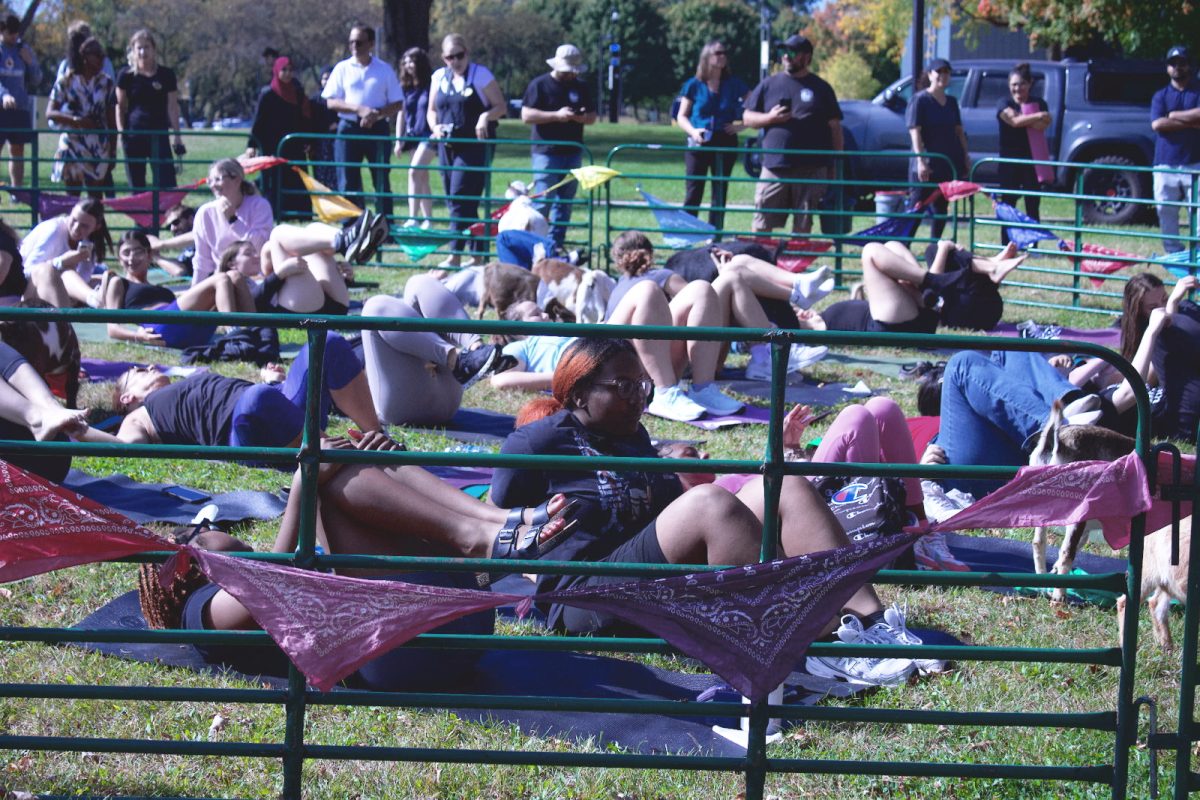On Dec. 4, the Oakland University Board of Trustees (BOT) approved several revisions to their bylaws, including adding a provision about calling emergency meetings under Article II, which details the BOT’s meetings, that a few campus community members have expressed concern with.
The provision states the BOT “may take emergency action between formal sessions or other meetings when any matter arises which, in the opinion of the President, or any three members of the Board, requires official action by the Board prior to the next meeting. An affirmative vote by telephone, video conference, facsimile, electronic mail or other means of communication from five Board members is required for action, subject to ratification and confirmation at the next regular Board meeting.”
Michael Latcha, president of OU’s chapter of the American Association of University Professors (OU-AAUP), expressed concerns regarding the potential implications of the bylaw’s wording, particularly concerning how the votes are gathered.
“It [does not] mandate any sort of meeting,” Latcha said. “It just said that either the resident or three Board members could come up with five votes in the BOT, and it would be an immediate official action of the Board… there was really no indication of how they would get those votes.
“It appeared that one of the Board members could up with some idea and call four other ones, not even at the same time, and get them to agree,” he added.
Additionally, Latcha said, the bylaw itself does not indicate what is defined as an emergency.
“[I was told] the different kinds of emergencies that they had in mind, for instance, was if there was some officer of the university who became disabled or deceased and they needed to meet in order to reappoint someone in their place, and if there’s a tornado or an earthquake or something they need to meet to contract with people to start repairs or things like that,” he said.
Latcha added he does not take issue with the Board having the power to take emergency action. However, he said he would like to see a list of examples of what would trigger the provision in the bylaws, and emergency action must require a meeting from a quorum of people from the BOT, whether virtual, over the phone, or in person.
“I can absolutely see the need for emergency action.. but I would like to have a discussion between people rather than what appears in the procedures that are there [allows] a series of random phone calls,” Latcha said. “That does not seem to be the way to run an organization.”
Latcha said the BOT took his concerns into account and expressed their desire to adjust the wording of the bylaw. Due to a rule that states a copy of bylaw changes must be distributed to Board members 30 days in advance, the change is not expected to be immediate.
“I’m just assuming that they’re coming up with a better plan, perhaps looking at other bylaws from other Boards of trustees or regions or governors across the state and coming up with a plan that involves meeting and discussing before taking official Board action,” Latcha said.
Brian Bierley, senior director of public relations for OU, said the emergency action provisions in bylaws are “legal, common and consistent” at institutions of higher learning.
Additionally, he said, the bylaw still requires any emergency actions taken to be reviewed at the next regular Board meeting and to be consistent with their regular responsibilities.
“Although [the Board] may make decisions deemed needed immediately with the bylaws change, the Board is still obligated to review and revisit that action at the next Board meeting,” he added. “Inclusion of an emergency action provision in the bylaws does not relieve Board of Trustee members of their responsibility to act consistent with their legal and fiduciary obligations to the university when deciding whether an emergency action is necessary.”
For more information regarding the recent BOT meeting, see The Oakland Post’s meeting summary.







